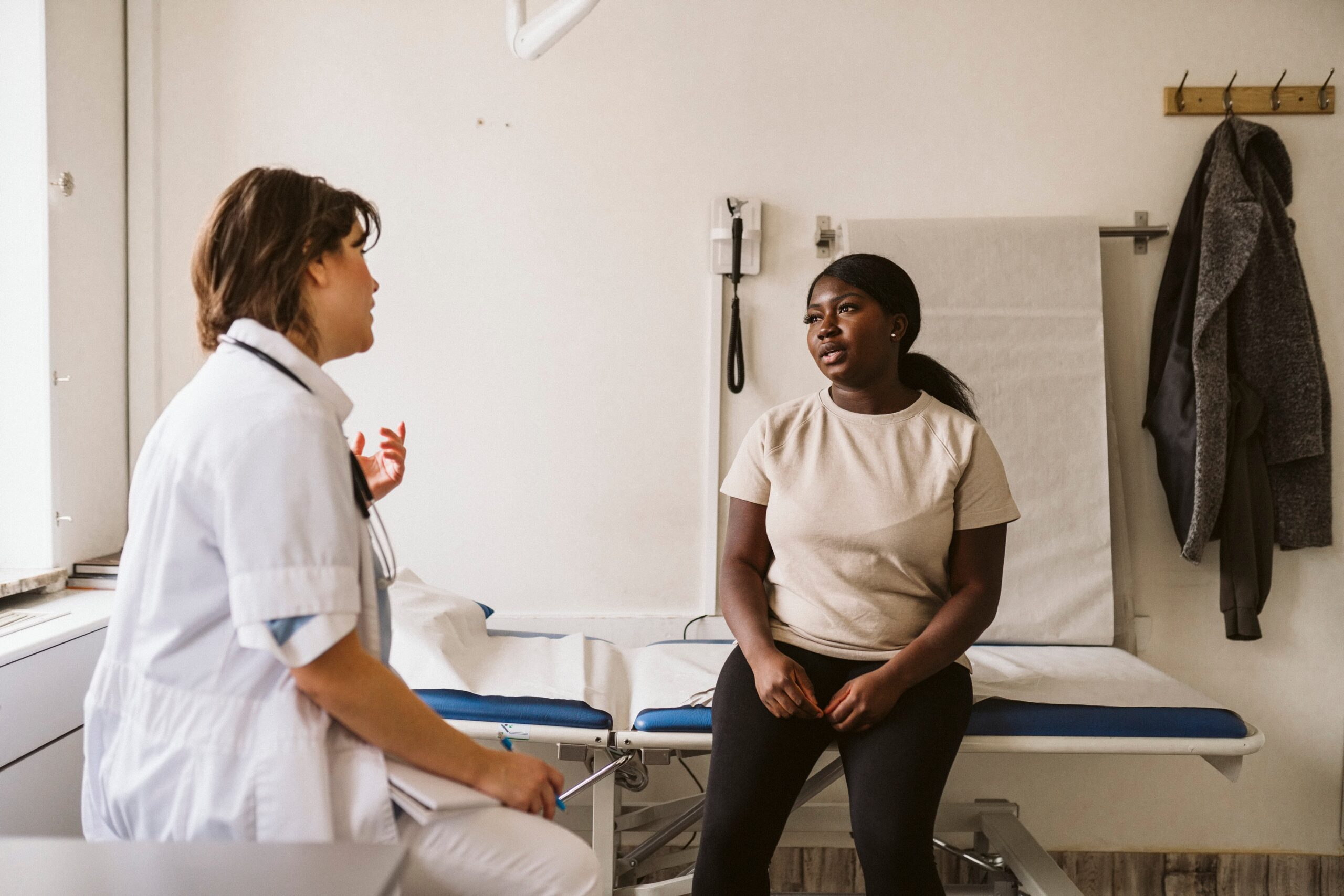By now, we all know that Black women disproportionately suffer from a host of illnesses and adverse health outcomes. Yet, we’re routinely excluded from crucial research that could help us get some answers and work on solutions.
Suggested Reading
Nearly three decades ago, researchers at Boston University decided to try to solve that research gap by launching a study of Black women’s health that followed a cohort of 59,000 women. The researchers spent 28 years asking Black women across the United States about everything from their health to their experiences with interpersonal and systemic racism.
Perhaps the most illuminating part of the research has to do with the role of racial discrimination in healthcare outcomes. Over the last 28 years, researchers were able to link racism aimed at Black women to increased risks of diabetes, hypertension, accelerated aging, asthma and heart disease.
Another major healthcare determinant — which researchers attributed to structural racism — is one’s zip code. Access to parks, grocery stores, and higher levels of air pollution impacts Black women’s health regardless of their income levels, researchers found.
“We’ve come to realize how much one’s neighborhood environment and social structures, rather than genes, prescribe health outcomes,” said study co-lead Yvette Cozier in a recent report from the university.
“Structural racism affects where people live, how they can exercise, the foods they eat, and the resources available to them,” said Julie Palmer, who co-founded the study. “We didn’t have a name for it 20 years ago, but we have always acknowledged its influence on health, and we are continuing to examine how these racial experiences uniquely affect Black women.”
Straight From 
Sign up for our free daily newsletter.



